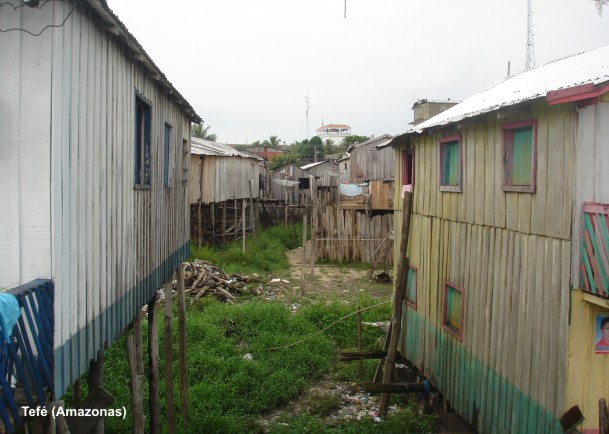A PESCA ARTESANAL COMO ARTE E COMO SIGNIFICADO CULTURAL: O CASO POTIGUAR (Traditional (small-scale) fishing as an art-form and as a matter of cultural importance: the Rio Grande do Norte case)
DOI:
https://doi.org/10.5654/acta.v4i8.303Resumo
Este artigo traz a problemática da pesca artesanal nas comunidades pesqueiras do litoral potiguar, nas dimensões socioeconômica e cultural. Resulta de pesquisa realizada sob a égide do Departamento de Geografia da UFRN. O espaço analisado apresenta variada e complexa diversidade regional, decorrente de seus traços culturais e socioeconômicos, daí a investigação atentar para uma feição de sua economia, designada como atividade pesqueira artesanal, e, para o significado cultural dessa atividade, que se espacializa nos litorais oriental e setentrional do Estado, somando 25 municípios costeiros. Para a realização desta investigação, foram efetivados levantamentos bibliográficos e visita a campo, com aplicação de questionários e entrevistas. Foi constatado que é precária a condição do pescador artesanal para o bom desempenho de suas atividades: a maioria parte deles possui baixo grau de escolaridade e de qualificação profissional, e o desenvolvimento tecnológico na pesca artesanal é baixo. Entretanto essa atividade é muito importante para os pescadores do ponto de vista econômico e do cultural. Os dados obtidos sobre a pesca artesanal possibilitaram verificar que a atividade é geradora de trabalho e renda, e absorve expressivo contingente de trabalhadores. Entretanto, por falta de política pública – de gestão administrativa e de infraestrutura – Ela vive-se um descompasso de ordem socioeconômica e cultural. Palavras-chave: pesca artesanal; atividade econômica; significado cultural; identidade. ABSTRACT This article covers the issue of small-scale fishing in traditional fishing communities along the coast of the northeastern Brazilian state of Rio Grande do Norte. The article is the result of research carried out under the auspices of the Geography Department at UFRN (Federal University of Rio Grande do Norte). The region analyzed presents varied and complex regional diversity, a result of its cultural and socio-economic traits, which led the investigation to take into account a particular feature of the local economy, i.e. the small-scale fishing industry, as well as the cultural significance of this activity, which takes place throughout the eastern and northern coastal areas of the state, an area totaling 25 coastal municipalities. In order to carry out this investigation, bibliographical research and field trips were carried out, including the application of questionnaires and interviews involving local residents. It was ascertained that the small-scale fishermen’s existence is a precarious one: most of them have very little schooling or professional qualifications, and there is very little technological development in the small-scale fishing sector. However, this activity is very important for the fishermen themselves from the economical and cultural standpoints. Data obtained about small-scale fishing industry has indicated that the activity creates jobs and income, and involves an expressive portion of the local workforce. However, because of a lack of coherent public policy – including administrative and infra-structure management - it finds itself out of step with the current socio-economic and cultural order. Keywords: small-scale fishing; economic activity; cultural significance; identity. DOI: 10.5654/actageo2010.0408.0005Downloads
Downloads
Publicado
Edição
Seção
Licença
PORTUGUÊS A Revista ACTA Geográfica deterá os direitos autorais dos trabalhos publicados. Os direitos referem-se a publicação do trabalho em qualquer parte do mundo, incluindo os direitos às renovações, expansões e disseminações da contribuição, bem como outros direitos subsidiários. Os(as) autores(as) têm permissão para a publicação da contribuição em outro meio, impresso ou digital, em português ou em tradução, desde que os devidos créditos sejam dados à Revista ACTA Geográfica.
ENGLISH ACTA Geográfica Journal will obtain the auctorial rights for all published texts. This also implies that the text can be published anywhere in the world, including all rights on renewal, expansion and dissemination of the contribution, as well as other subsidiary rights. The author’s get permission to publish the contribution in other medias, printed or digital, itmay be in Portuguese or translation, since the publication is credited to ACTA Geográfica Journal.

Este obra está licenciado com uma Licença Creative Commons Atribuição 4.0 Internacional.










